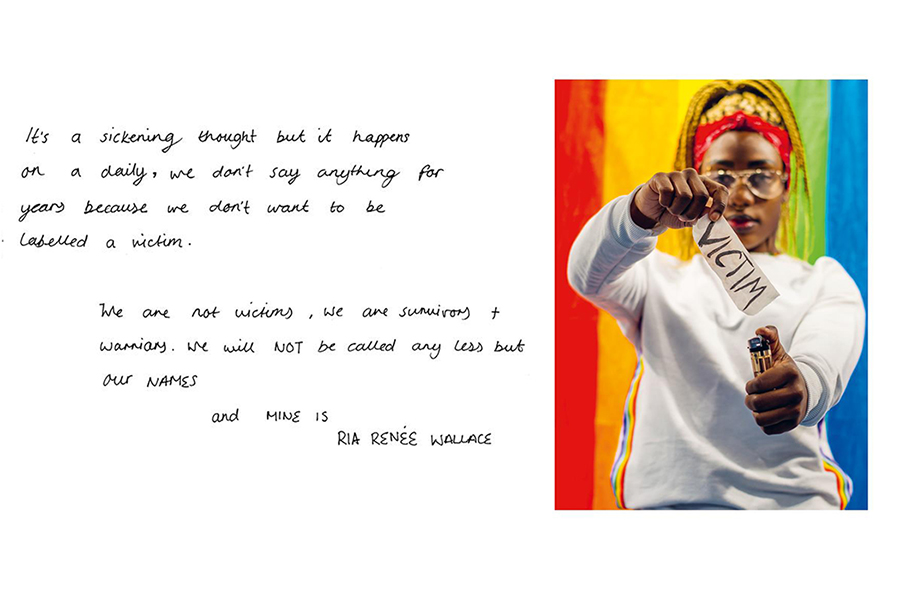Passersby ignore a beggar, homophobic insults crowd a wall, a woman burns a note penned to a “victim” – not the usual stuff of comics but all vignettes from a new graphic novel by homeless people that aims to kill the stigma surrounding street life.
The Book of Homelessness, launched this week by a youth homelessness charity, compiles drawings, texts and poems by people living in shelters, hostels and temporary accommodation.
“You don’t often hear about who homeless people are and why they’re out there, you think it’s just their fault,” said Mitchell Ceney, who was homeless for about three years and now has a short-term home in West London.
“Getting it down on paper is a way of turning my negative past into something positive for the future,” said the 36-year-old, who drew a man fleeing a supermarket, a flashback to his own shoplifting days.
With protections ending for hard-pressed renters and the newly jobless rising in the pandemic, about 230,000 people are at risk of becoming homeless, according to the charity Shelter. Health experts say the homeless are in greater danger from COVID-19 due to a weakened immune system caused by poor food and lack of sleep, along with over-crowding and bad sanitation.
“People are much closer to the edge than they were before the pandemic,” said Marice Cumber, founder of Accumulate, the homeless charity behind the graphic novel. “It really could be anyone,” she told the Thomson Reuters Foundation.
The government has pledged 15 million pounds to a handful of areas with the highest number of rough sleepers, including London, Bristol and Cornwall, to help get them through to March. Cumber is no stranger to mixing art with action – past projects include a radio station run by homeless people – and
she encouraged the 18 contributors to “tell their own stories that don’t have to be about why they’re homeless”. Profits will be shared by the authors and Accumulate, said Cumber, whose charity funds scholarships for creative courses. For Ceney, who used to be a chef and hopes to earn an illustration degree next year – the book is just a start.
“It’s given me something to be proud of,” he said. “And maybe my experience can help someone else.”
By Zoe Tabary @zoetabary, Editing by Lyndsay Griffiths.




































